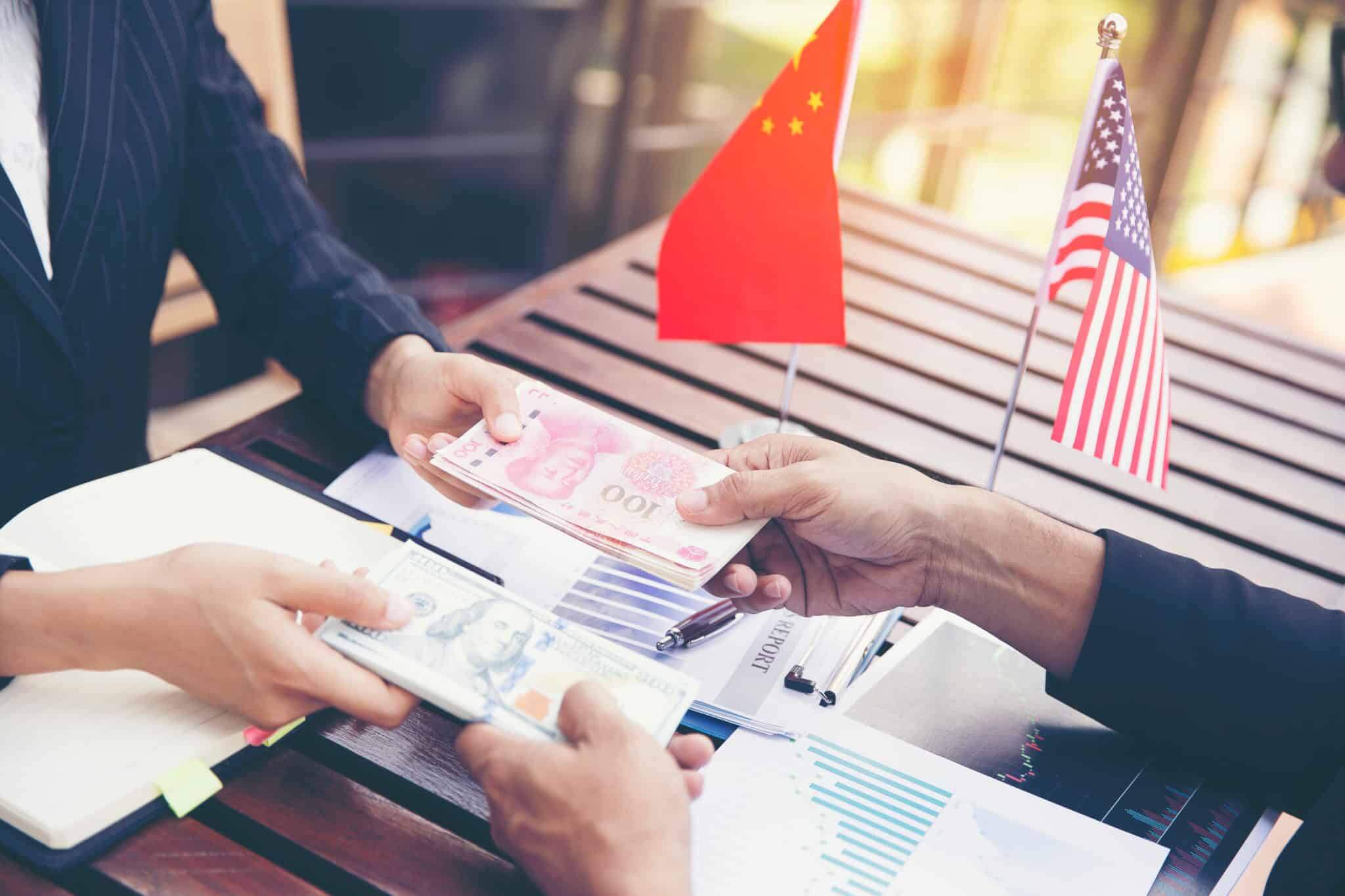
China’s Retaliation Unlikely to Target US Investors
China’s countermeasures in retaliation for the U.S. decision to revoke Hong Kong’s special status will not hurt American investors, said a Hong Kong lawmaker.
On Friday, the U.S. President Donald Trump announced that he would begin to remove Hong Kong’s preferential trade and customs status p; with the U.S., He did not give details about the exact steps the U.S. would take.
He was responding to China’s approval of a proposal for a controversial new security law for Hong Kong.
According to critics, the law will grant the central government sweeping powers to crush dissent.
Regina Ip said China could retaliate if the U.S. freezes, for instance, assets of Chinese officials. Regina Ip is a member of Hong Kong’s Executive Council and Legislative Council.
She said China could retaliate if the U.S. freezes Hong Kong assets or Chinese assets. However, she added that there are no specifics. Although the Chinese Ministry of Foreign Affairs said that if the U.S. imposes sanctions on Hong Kong, they will retaliate.
One Country, Two Systems
Last year, pro-democracy protests dogged China, crippling its economy and dealt a heavy blow on its retails and travel sectors.
But earlier this year, the protests eased as the coronavirus outbreak took hold. However, the proposed law in China has reignited the protests again.
Hong Kong is a former British colony handed over to China in 1997. It’s ruled under one country, two systems’ formula.
The framework grants Hong Kong freedom of speech but limits autonomy over laws, courts, and currency.
What does Hong Kong relate to China?
On Friday, Trump said Hong Kong was “no longer sufficiently autonomous to warrant the special treatment that we have afforded the territory since the handover.”
His decision to eliminate special trade and travel treatment for Hong Kong raised fears among the business community that it would affect more than 1300 American companies in China.
However, Ip said China’s countermeasure would target specific measures the U.S. imposes.
It won’t affect legitimate businesses, financial and economic activities of foreign investors. Investors include Americans in Hong Kong.
Trade Implications
Trump’s decision could affect trade.
Hong Kong’s special status granted it exemptions from tariffs that the U.S. imposed on China in the US-China trade war.
The U.S. law passed last year requires Hong Kong to retain enough autonomy to qualify for a favorable trading relationship with the U.S.
However, the new security law effectively bypasses Hong Kong’s legislature, reigniting concerns over the city’s diminishing freedoms.
But, Ip pointed to the “substantial commercial American interests in Hong Kong, saying “85,000 Americans and 1300 companies are making “a lot of money.” She said the U.S. would calibrate its moves more carefully.
The Hong Kong legislator said the U.K.’s suggested path to citizenship was “a joke.”
Meanwhile, Tara Joseph, the president of the American Chamber of Commerce in Hong Kong, said that it would work with its member companies to “maintain Hong Kong’s status as a vital global business and financial center.”
However, the announcement doesn’t mean that U.S. companies will be flipping a switch in Hong Kong and running for the exits. There are still unanswered questions on how the U.S. and Hong Kong will unwind the special status.
The more clarity business receives, the more helpful it’ll be at this challenging point.




